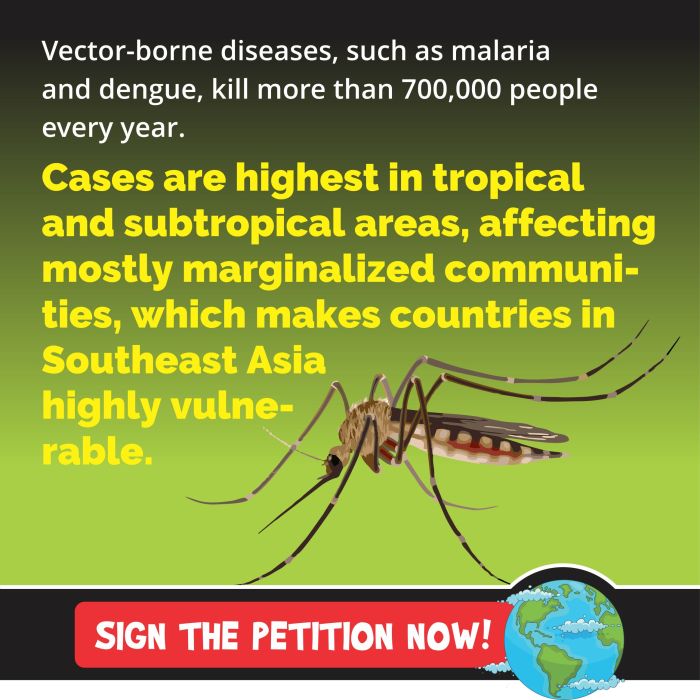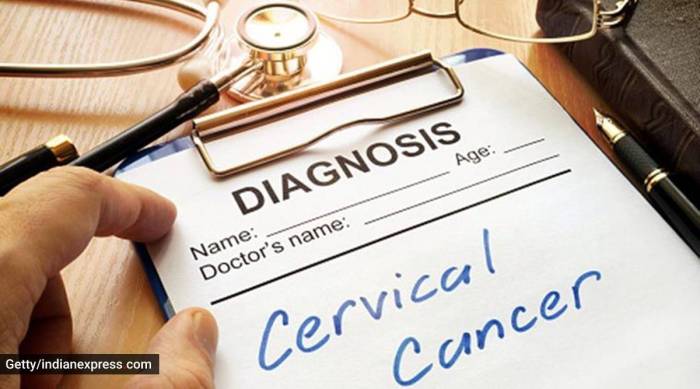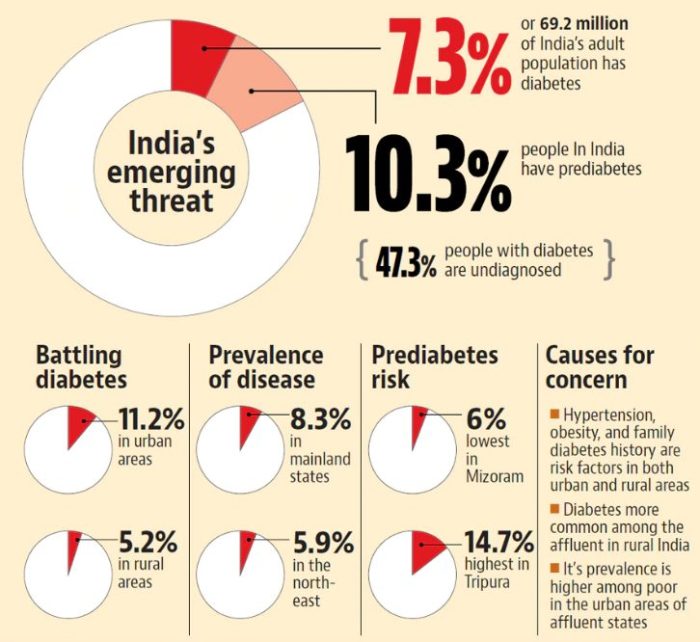Illnesses such as diabetes and cancer kill more than twice as many people as any other cause, a staggering statistic that underscores the alarming implications of this global health crisis. These chronic diseases pose significant threats to individuals, healthcare systems, and societies as a whole.
The causes of diabetes and cancer are multifaceted, encompassing lifestyle choices, genetic predispositions, and environmental influences. Understanding these risk factors is crucial for developing effective prevention strategies and mitigating the impact of these diseases.
Understanding the Mortality Impact of Illnesses

The staggering statistic that illnesses such as diabetes and cancer kill more than twice as many people as any other cause is a sobering reminder of the profound health crisis facing our society. This alarming statistic highlights the urgent need to understand the causes, explore prevention and treatment strategies, and empower individuals to take action against these devastating diseases.
Exploring the Causes of Diabetes and Cancer
Diabetes and cancer arise from a complex interplay of risk factors. Primary risk factors for diabetes include obesity, physical inactivity, unhealthy diet, and family history. Cancer, on the other hand, can be influenced by genetic predispositions, lifestyle choices such as smoking and excessive alcohol consumption, and exposure to environmental carcinogens.
Examining Prevention and Treatment Strategies

Preventing diabetes and cancer involves adopting healthy lifestyle habits. A balanced diet, regular exercise, and avoiding tobacco use are crucial. For those diagnosed with diabetes or cancer, a range of treatment options is available, including medication, surgery, and radiation therapy.
Timely detection and early intervention are key to improving outcomes.
Assessing the Economic and Societal Impact

The economic burden of diabetes and cancer is substantial, straining healthcare systems and society. These illnesses lead to increased healthcare costs, reduced productivity, and diminished quality of life. The impact extends beyond healthcare, affecting social support systems and overall well-being.
Empowering Individuals to Take Action

Individuals can significantly reduce their risk of developing diabetes and cancer by making healthy choices. Maintaining a healthy weight, engaging in regular physical activity, and following a balanced diet are essential. Avoiding tobacco use and excessive alcohol consumption is also crucial.
Early detection through regular screenings and self-examinations can improve outcomes.
Fostering Collaboration and Research
Collaboration between researchers, healthcare professionals, and policymakers is vital in the fight against diabetes and cancer. Ongoing research efforts focus on understanding the mechanisms of these diseases, developing new treatments, and improving prevention strategies. International collaboration and knowledge sharing are crucial for advancing our collective knowledge and finding solutions.
Raising Awareness and Advocating for Change
Public health campaigns and advocacy groups play a pivotal role in raising awareness about diabetes and cancer. By reducing stigma and promoting early detection and treatment, these initiatives empower individuals to take control of their health. Advocacy efforts also aim to influence policy changes that support prevention, research, and access to healthcare.
FAQ Guide: Illnesses Such As Diabetes And Cancer Kill More Than Twice
What are the most common risk factors for diabetes and cancer?
The primary risk factors for diabetes include obesity, physical inactivity, and family history. For cancer, risk factors include tobacco use, unhealthy diet, and certain genetic mutations.
What are the most effective ways to prevent diabetes and cancer?
Preventive measures for diabetes include maintaining a healthy weight, engaging in regular exercise, and consuming a balanced diet. For cancer, avoiding tobacco use, limiting alcohol intake, and getting vaccinated against certain viruses can significantly reduce the risk.
What are the most common treatment options for diabetes and cancer?
Treatment options for diabetes include medication, insulin therapy, and lifestyle changes. For cancer, treatment may involve surgery, radiation therapy, chemotherapy, or a combination of these approaches.